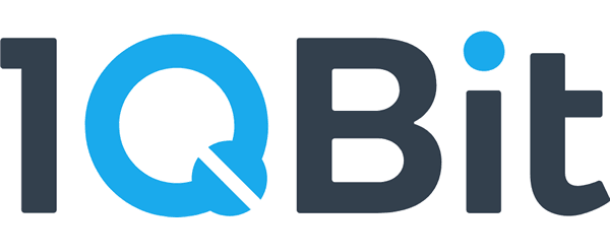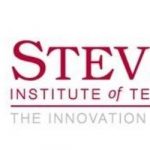Minimizing Financial Risk Using Quantum Computing

(1Qbit.Blog) The study of finance relies on making the best possible decisions despite future uncertainty. There is always risk when making financial decisions, and it goes hand in hand with return. A core problem in computational finance is risk minimization.
There are limitations to using classical computers to solve challenging real-world financial problems. Some of these hard computational problems are in the areas of banking, insurance, and optimal investing strategies in financial markets.
Most real-world financial optimization problems have assets that are correlated in a more complex way. These problems are much more difficult, if not impossible, to deal with using conventional computers. Such problems are known as “NP-hard” problems,³ and are the most difficult class of problems in computer science. QBit explains in this article how quantum computing can be a promising approach for solving some of these hard problems.
The crux of quantum computing is in exploiting quantum mechanical properties of matter for computation. Instead of using bits, qubits (quantum bits) can be used to provide an exponential speed-up for certain challenging optimization problems. It has shown promising results for finance already, and the usefulness of quantum computing could increase as quantum technology is improved.
The mean-variance portfolio optimization an be effectively solved by a quantum device known as a quantum annealer.⁴ A quantum annealer can have an optimization problem encoded into its qubits, and it will slowly evolve (anneal) to the optimized state under the influence of an applied magnetic field. For more information on how this quantum-inspired method can be used for solving other financial problems.
Beyond quantum annealing, a different kind of quantum hardware referred to as gate model quantum computers receive a lot of attention. Gate model quantum computers use logic gates as operations acting on qubits to carry out a computation. Because any computation is possible using gate model devices, they hold the most potential for quantum computing. It is already recognized that gate model devices could provide speed-ups for general optimization and search algorithms. In particular, such speed-ups are applicable to portfolio optimization and risk analysis.
Even modest speedups for optimizing risk–return problems can have a large impact in terms of financial reward. So, it is likely that quantum computing will continue to be used as a tool to study computational finance, especially as quantum technology matures.























